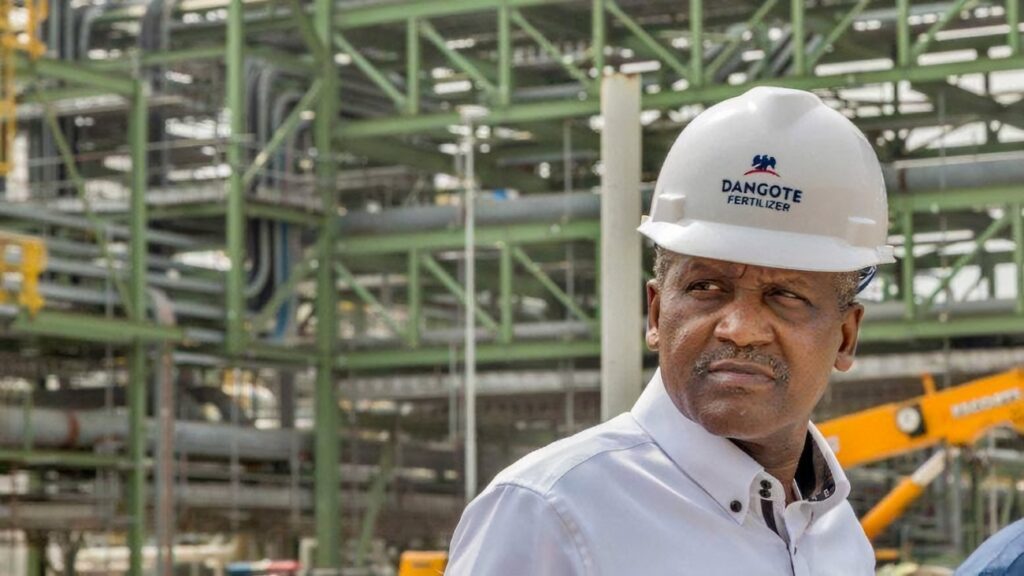Stories by Opeyemi Abdulsalam
In a landmark development, the Major Energy Marketers Association of Nigeria (MEMAN) has hailed the Dangote Refinery as a game-changer in Nigeria’s energy landscape, poised to save the country a staggering amount of foreign exchange spent on importing petroleum products.
With a daily consumption of 50 million litres, Nigeria currently spends $4.4 billion annually on petrol importation.
According to MEMAN Executive Secretary, Clement Isong, the refinery will not only save forex but also generate more value through other products like fertilizer.
He emphasised that refining crude oil yields more value, with a barrel worth $100 generating $2,500 when refined.
Isong noted that the refinery’s impact extends beyond saving forex, as it will create more value addition through other products like fertiliser from the plant.
The Dangote Group President, Aliko Dangote, had earlier vowed to end importation of petrol when his 650,000 barrel per day plant starts refining the product this month.
This move is expected to significantly reduce Nigeria’s reliance on foreign petroleum products and boost the country’s energy self-sufficiency.
Industry experts like National President of PETROAN, Dr. Billy Harry, expressed readiness to ensure smooth distribution of products from the refinery to depots and retail outlets.
He noted that the necessary logistics, including ports, barges, and transport infrastructure, are already in place.
Harry emphasised that the workforce, including Petroleum Tanker Drivers (PTD) of the Nigerian Union of Petroleum and Natural Gas Workers (NUPENG), is available and ready to work closely with PETROAN to ensure a seamless transition.
The stoppage of petrol importation is expected to save Nigeria $2.4 billion annually, making the Dangote Refinery a significant milestone in the country’s energy sector.
This development is also expected to boost Nigeria’s economy, create jobs, and stimulate growth in the energy industry.
In his analysis, Isong noted that a barrel of crude oil costs about $100 but it could yield $2500 per barrel when refined.
He lamented the shortage of feedstock for the refineries, stressing increased domestic crude oil supply to the local plants would culminate in export of products for more dollars.
Isong regretted that nothing has really changed in terms of logistics because the market has since been decentralised, explaining that it is designed in a manner that it distributes products by vessels around the coastal areas and by road network to the North.
The Presidential Initiative on Compressed Natural Gas (PCNGi) Coordinator, Regulations, Compliance, and Facilitation, Engr. Zayyan Tambari, had earlier stated that Nigeria spends $4.4 billion on PMS importation annually.
The commencement of petrol refining in the Dangote Refinery is expected to significantly reduce this expenditure, boosting Nigeria’s foreign exchange reserves and stimulating economic growth.
Overall, the Dangote Refinery is poised to revolutionise Nigeria’s energy sector, saving the country billions of dollars in foreign exchange, creating jobs, and stimulating economic growth.

